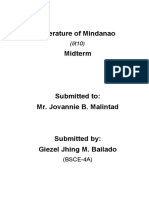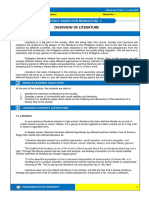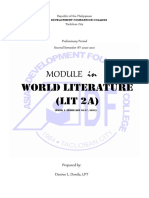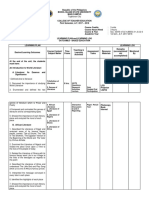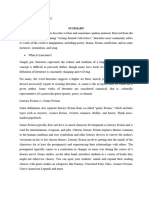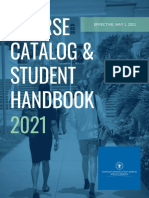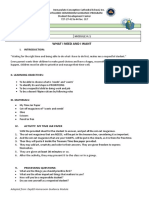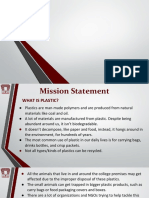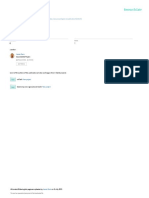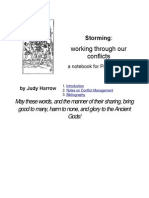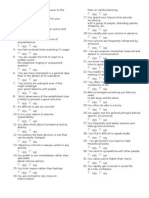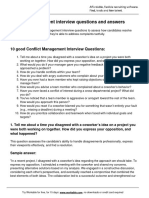0% found this document useful (0 votes)
19 views12 pagesModule 1
The document outlines a course module for pre-service English teachers at Aklan State University, focusing on the teaching and assessment of literature studies. It covers the nature of literature, its significance, and various values such as political, artistic, and moral value, while also addressing factors that influence interest in literature. The module encourages independent reading and comprehension, aiming to develop higher-order thinking skills in students.
Uploaded by
Rodemie AlonsagayCopyright
© © All Rights Reserved
We take content rights seriously. If you suspect this is your content, claim it here.
Available Formats
Download as PDF, TXT or read online on Scribd
0% found this document useful (0 votes)
19 views12 pagesModule 1
The document outlines a course module for pre-service English teachers at Aklan State University, focusing on the teaching and assessment of literature studies. It covers the nature of literature, its significance, and various values such as political, artistic, and moral value, while also addressing factors that influence interest in literature. The module encourages independent reading and comprehension, aiming to develop higher-order thinking skills in students.
Uploaded by
Rodemie AlonsagayCopyright
© © All Rights Reserved
We take content rights seriously. If you suspect this is your content, claim it here.
Available Formats
Download as PDF, TXT or read online on Scribd
/ 12























